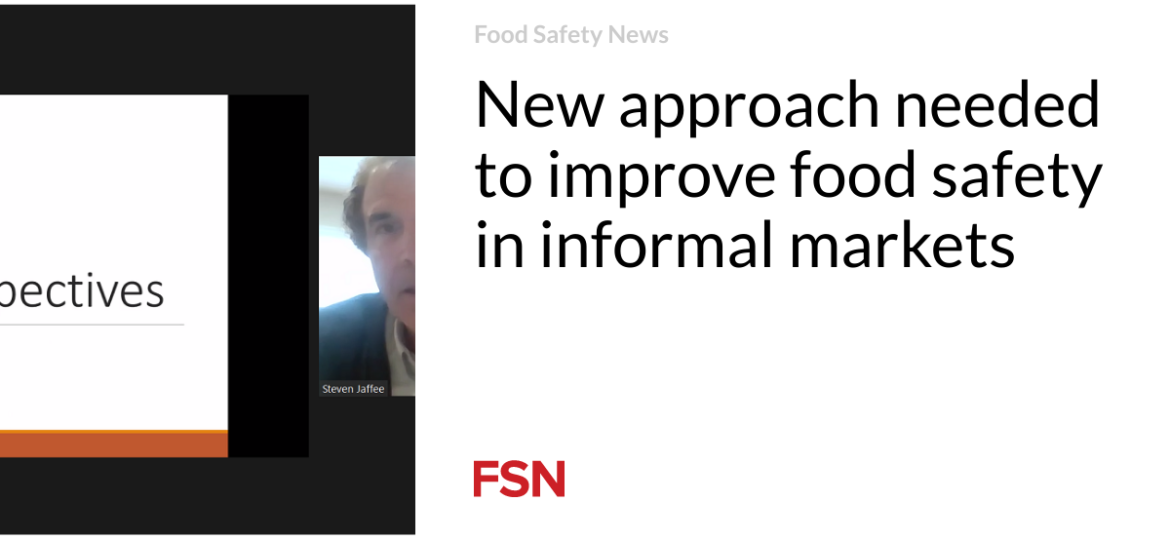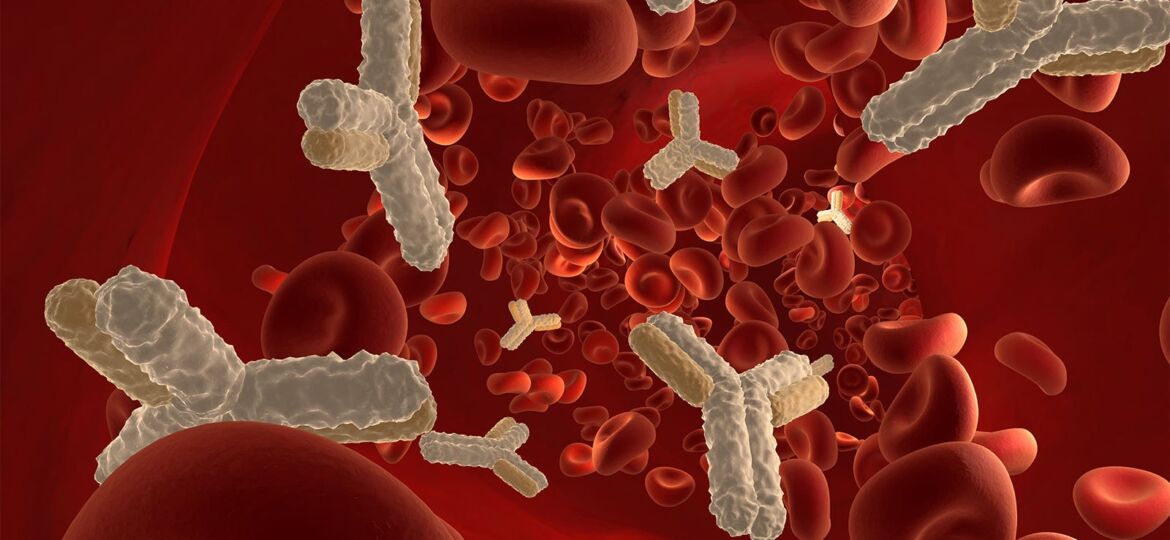Credit: CC0 Public Domain A new study showed that hysterectomy alone, hysterectomy with oophorectomy, and tubal ligation were all associated with an increased risk of cardiovascular disease (CVD). The findings and their implications are published in the peer-reviewed Journal of Women’s Health. Click here to read the article now. Stacey Missmer, ScD, from the Harvard
Researchers have proposed a radical shift in how food safety is looked at in low- and middle-income countries (LMICs). They said the top-down focus of efforts to build food safety capacity in LMICs has largely failed when it comes to the informal sector. Instead, interventions, both regulatory and facilitative…
MedPage Today) — It is possible for transthyretin amyloid cardiomyopathy (ATTR-CM, also called cardiac ATTR amyloidosis) to be reversed with antibody treatment, as suggested by rare cases of patients who had their ATTR-related heart failure resolve…
Mount Sinai researchers have developed an innovative artificial intelligence (AI) model for electrocardiogram (ECG) analysis that allows for the interpretation of ECGs as language. This approach can enhance the accuracy and effectiveness of ECG-related diagnoses, especially for cardiac conditions where limited data is available on which to train…
Patients with heart disease could benefit from less extensive interventions thanks to cutting-edge technology that creates 3D computer models of blood flow through the heart’s arteries, according to research presented at the British Cardiovascular Society in Manchester…
During a session at HIMSS23 European Health Conference and Exhibition, experts will share insights on using health data and AI to leverage more precise population health interventions. …
The British Junior Cardiologists’ Association (BJCA) and the British Cardiovascular Society (BCS) have issued a joint position statement in a bid to stamp out bullying, harassment, discrimination and other “unacceptable” and “unprofessional” behaviors in the specialty…
A large study finds the minimally invasive intervention known as TEER (transcatheter edge-to-edge repair) effective for fixing tears in heart valves…
MedPage Today) — PHOENIX — Introducing the percutaneous coronary intervention (PCI) catheter through the anatomical snuffbox on the wrist remained as safe at 1 year for hand function as the usual radial access route, longer-term results from…
Today, the Heart Rhythm Society (HRS), Asia Pacific Heart Rhythm Society (APHRS), and Latin American Heart Rhythm Society (LAHRS) released a new clinical practice guideline on cardiac physiologic pacing (CPP) strategies to restore ventricular synchrony and improve cardiac performance…










